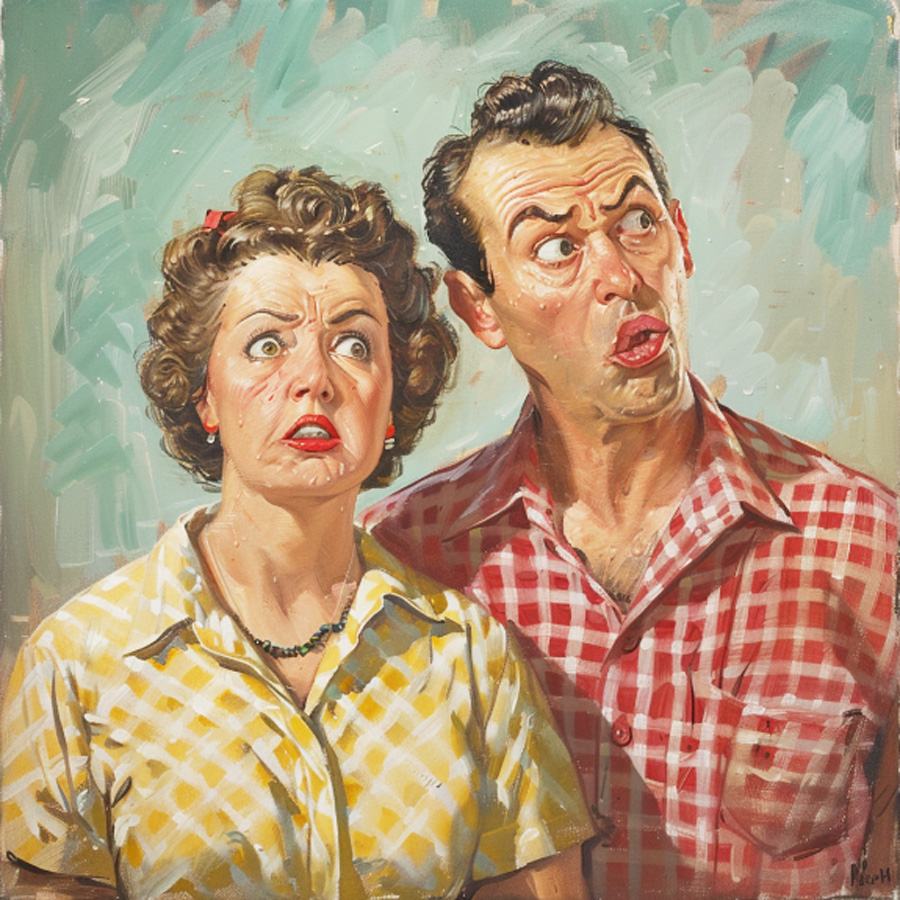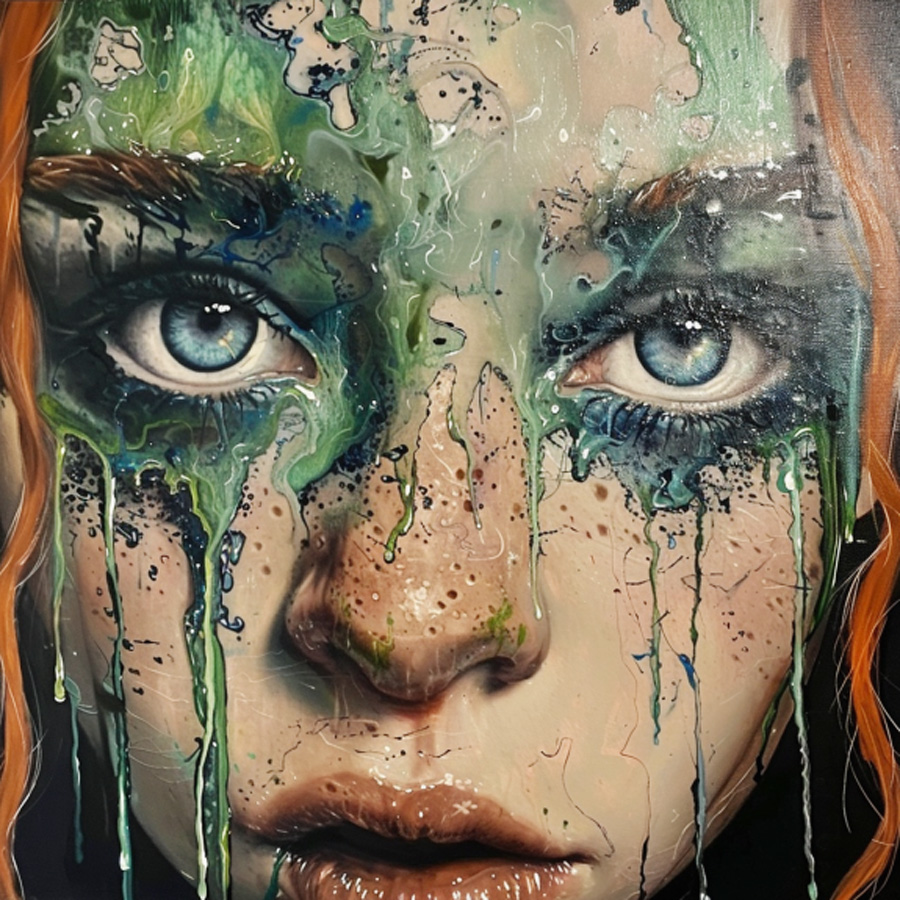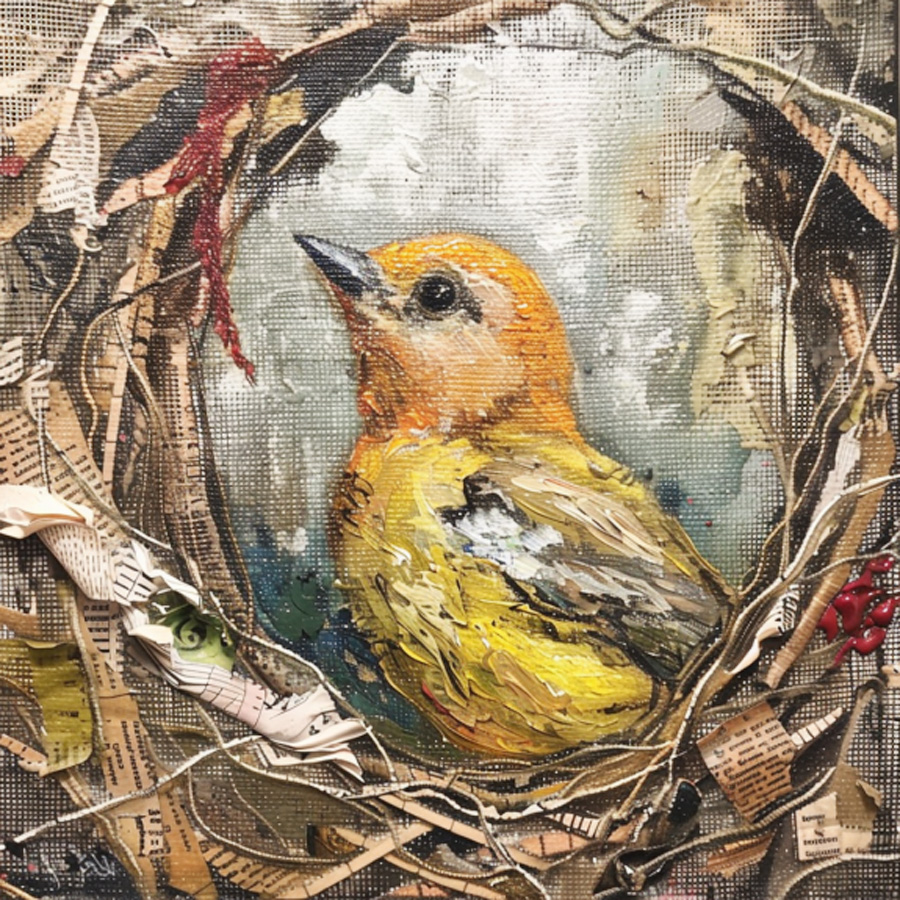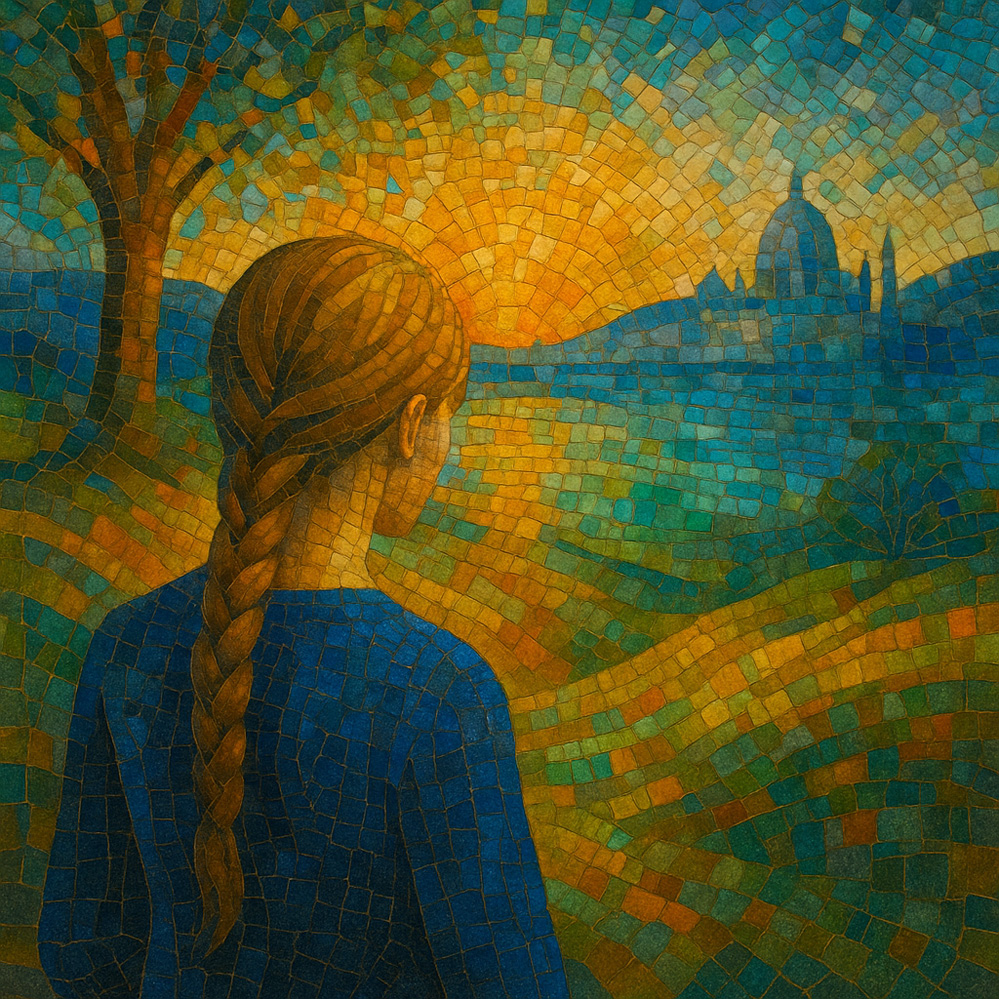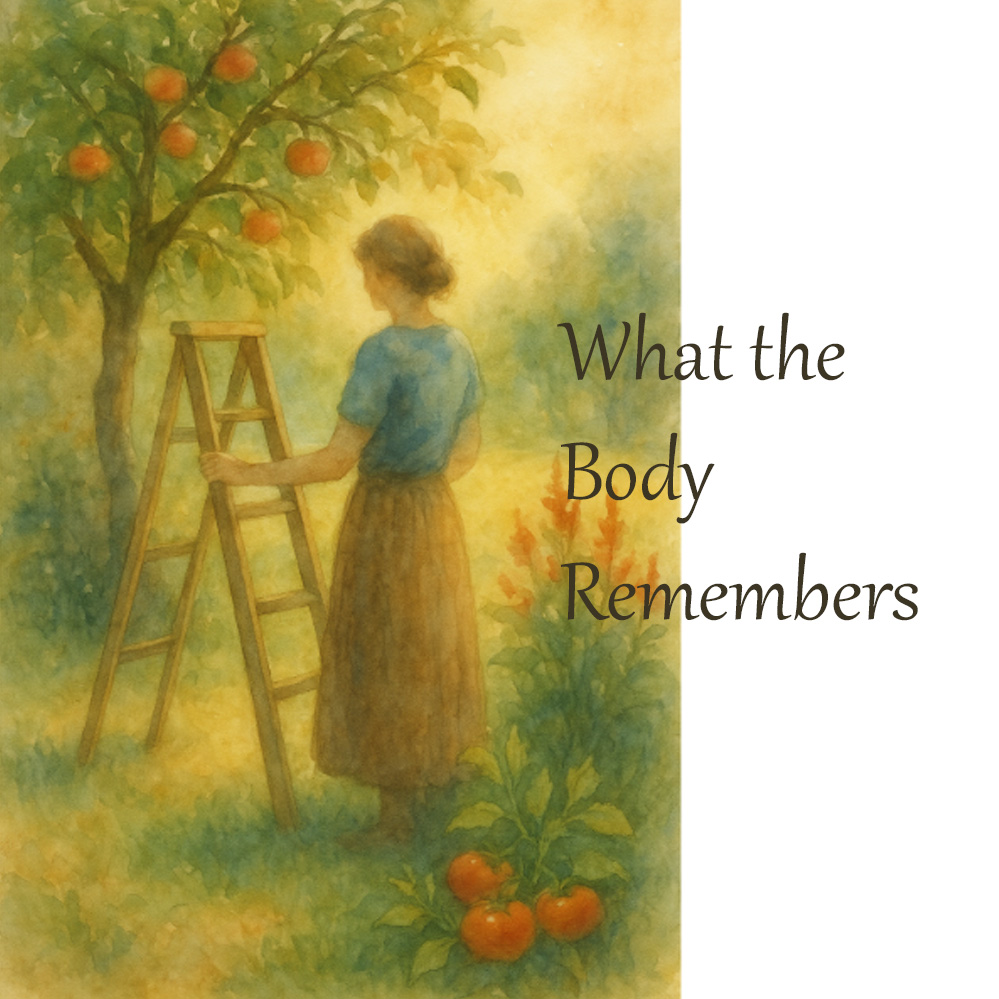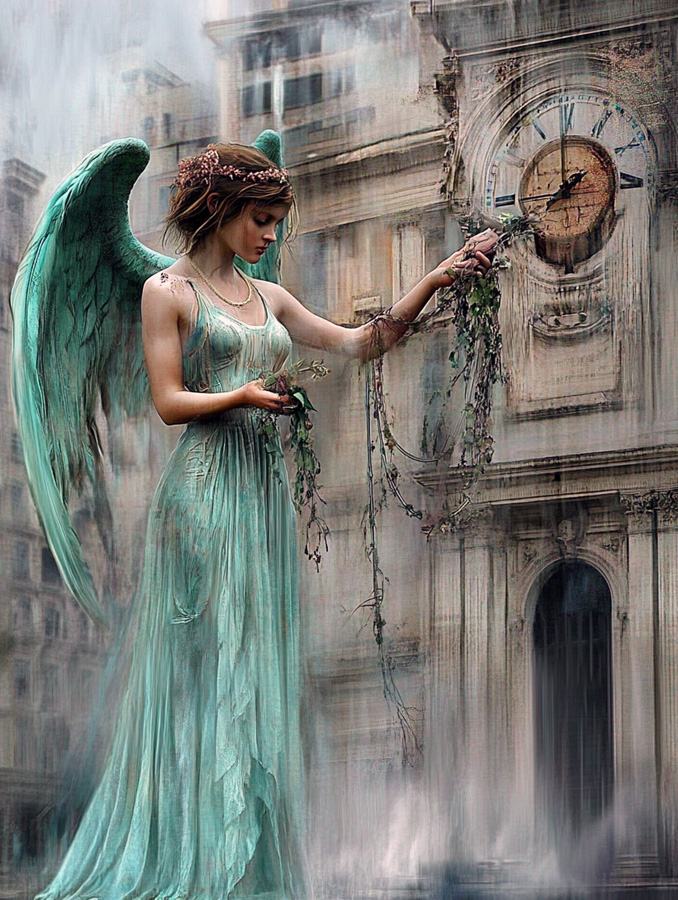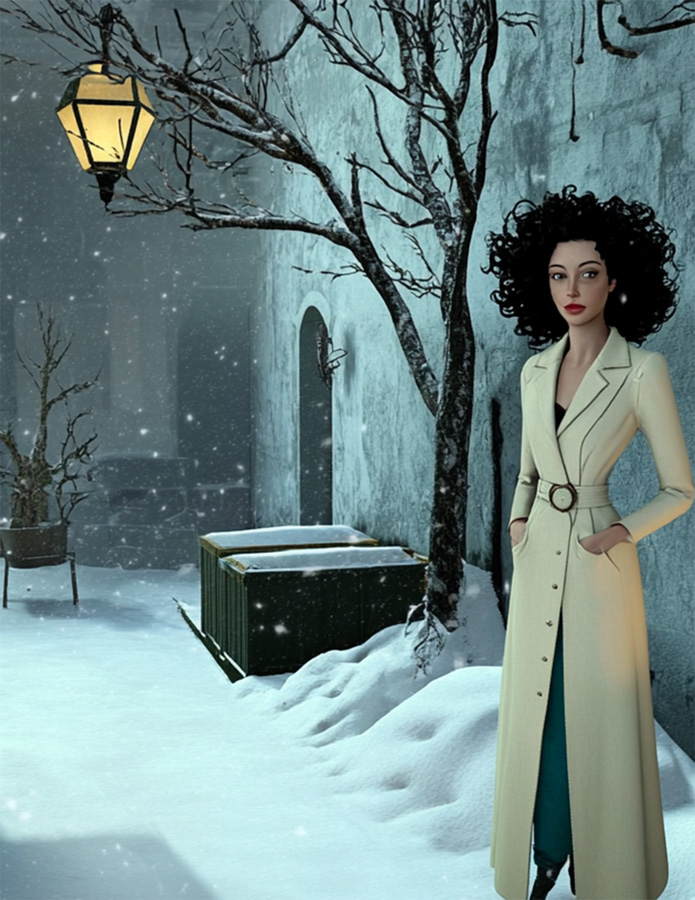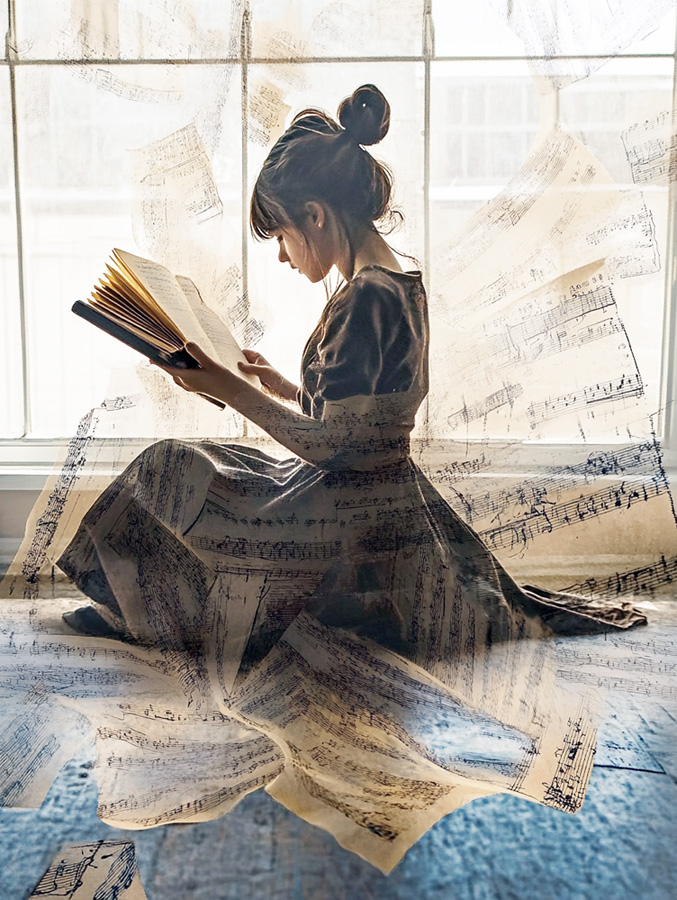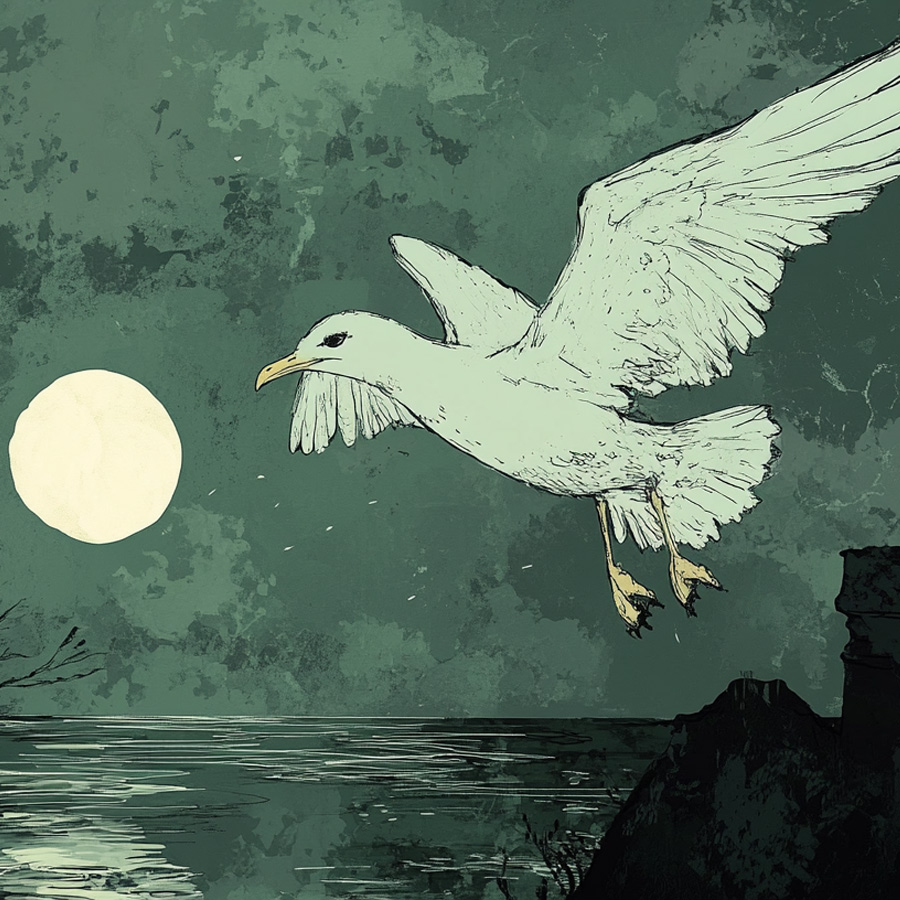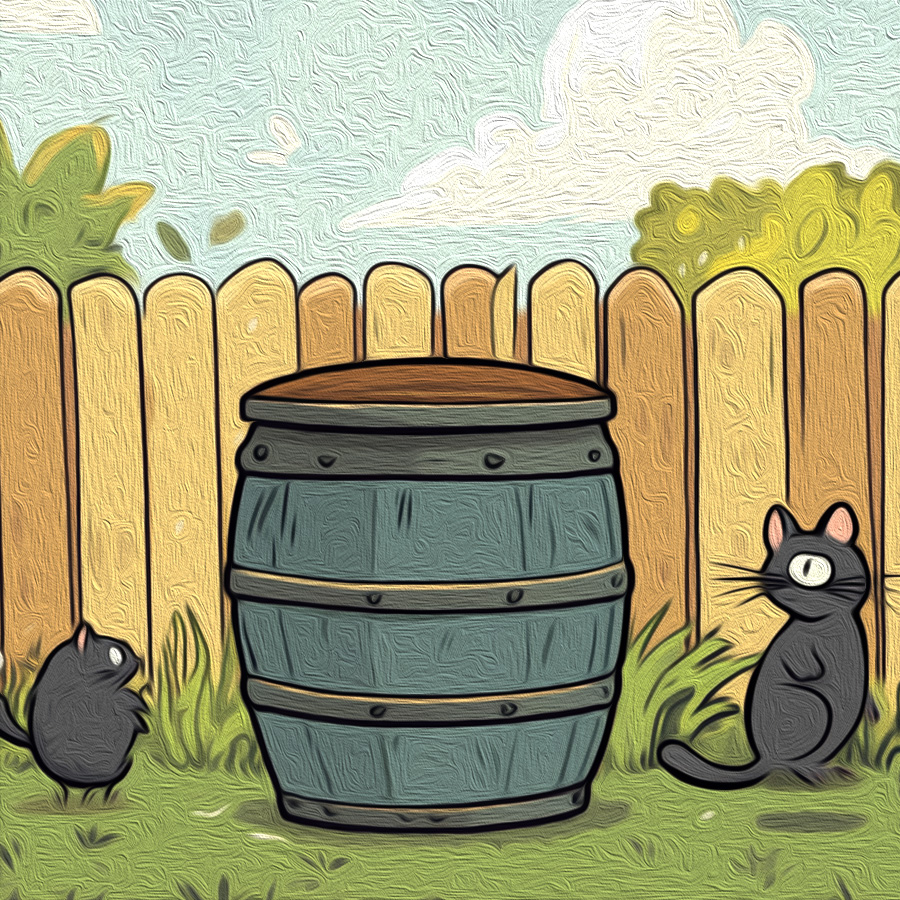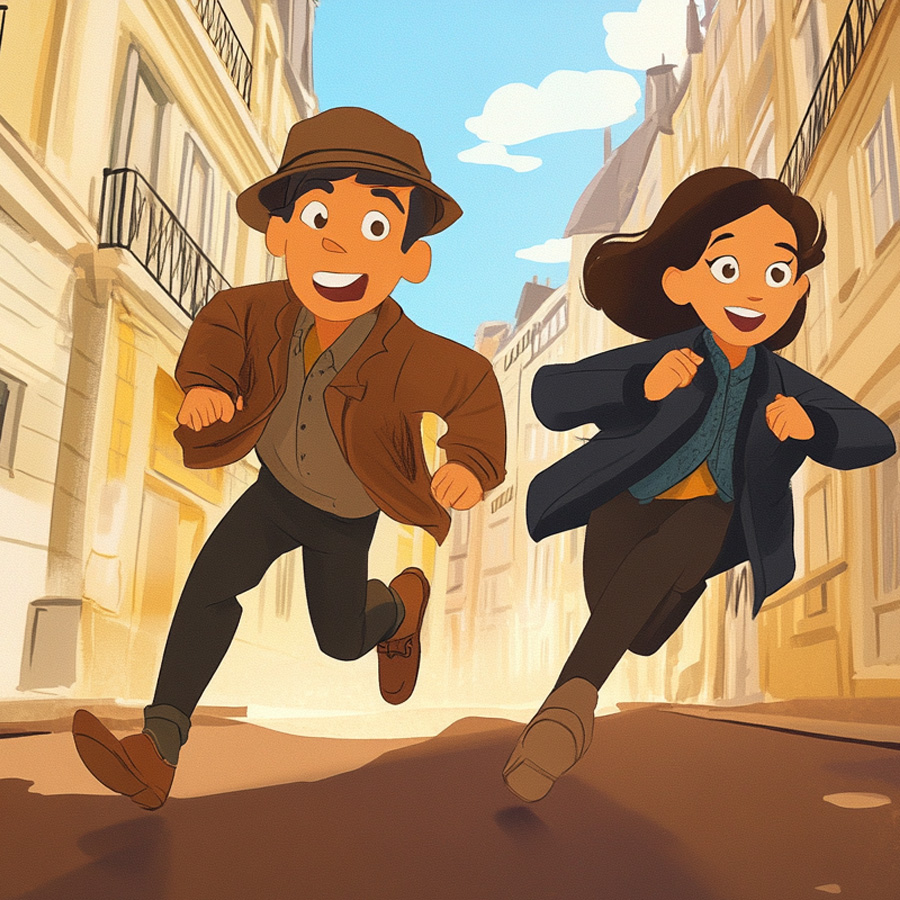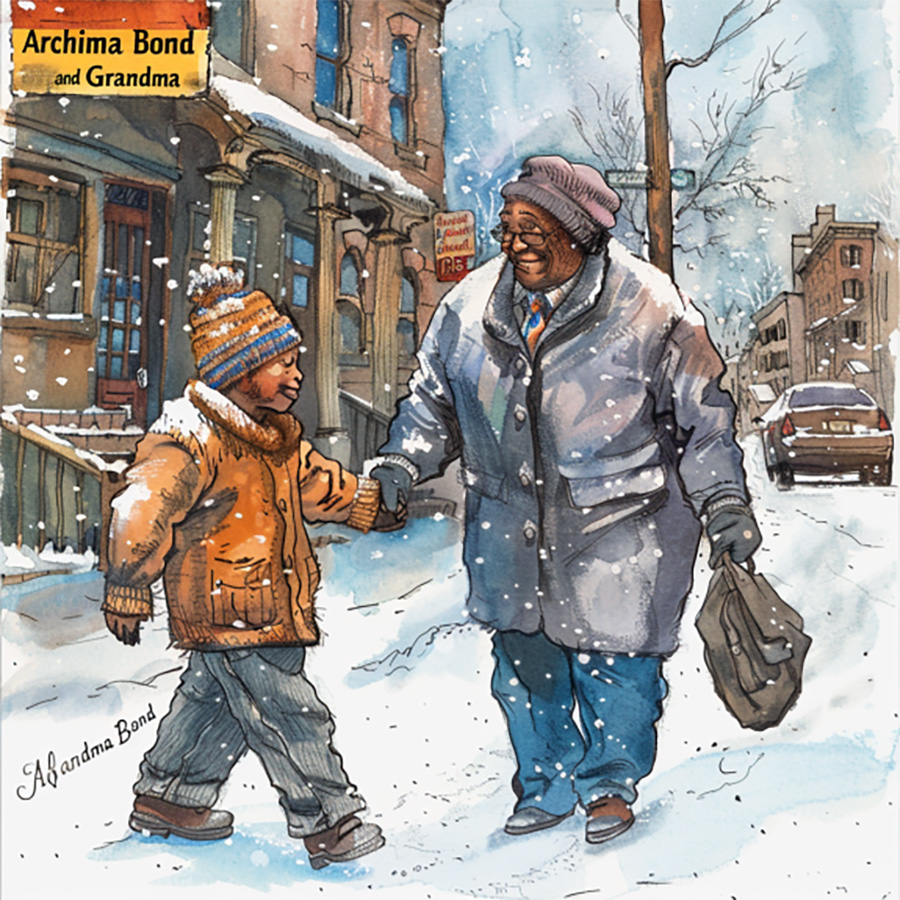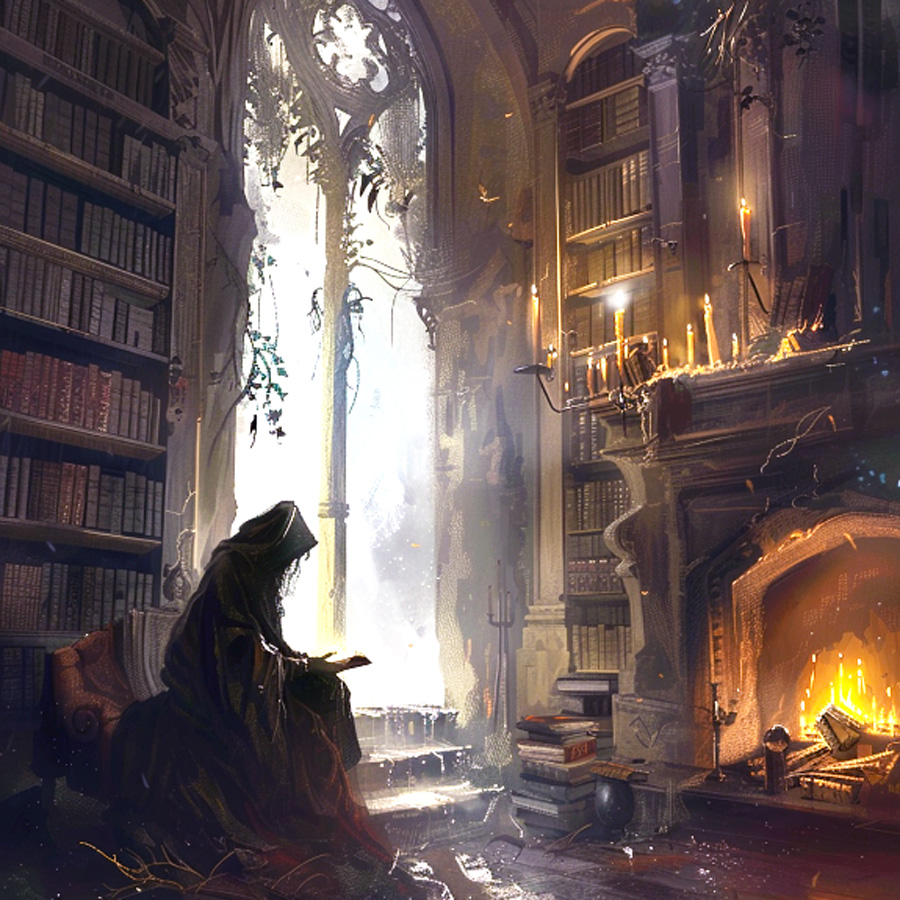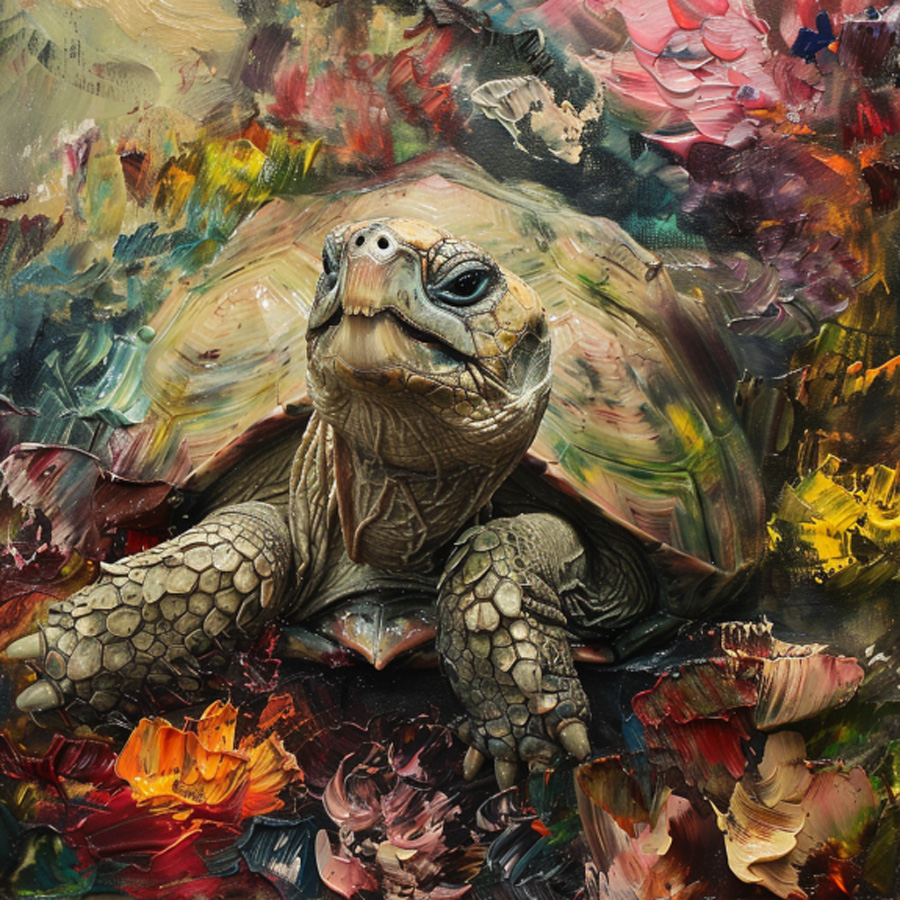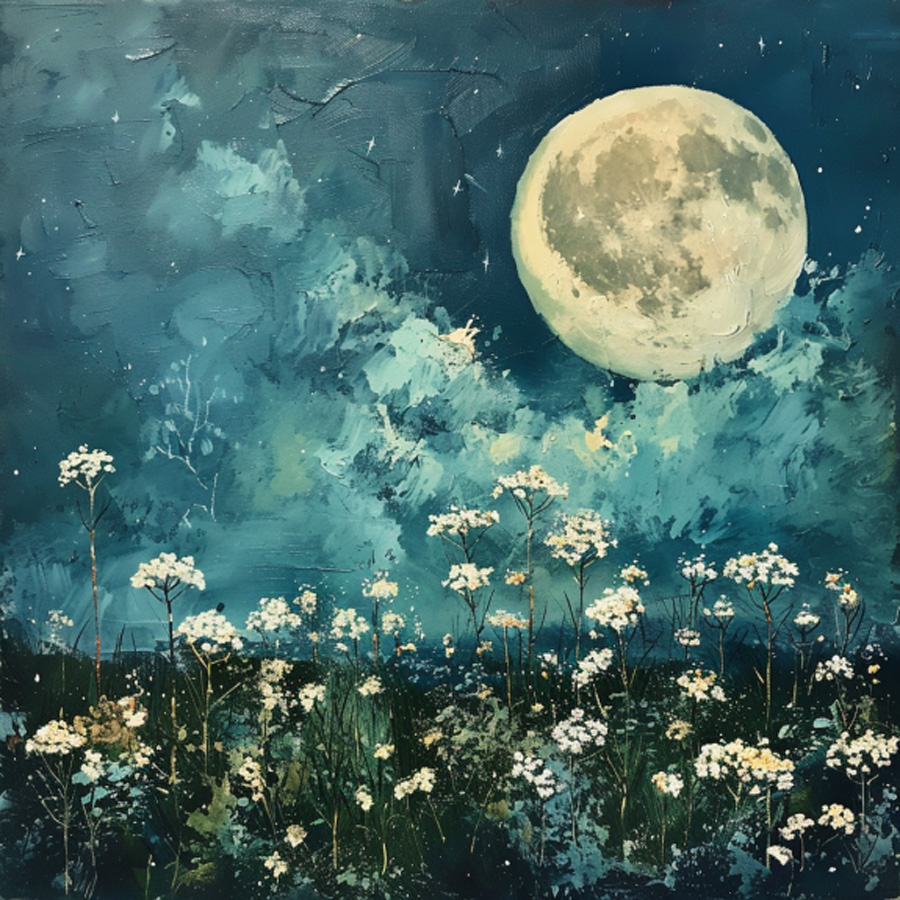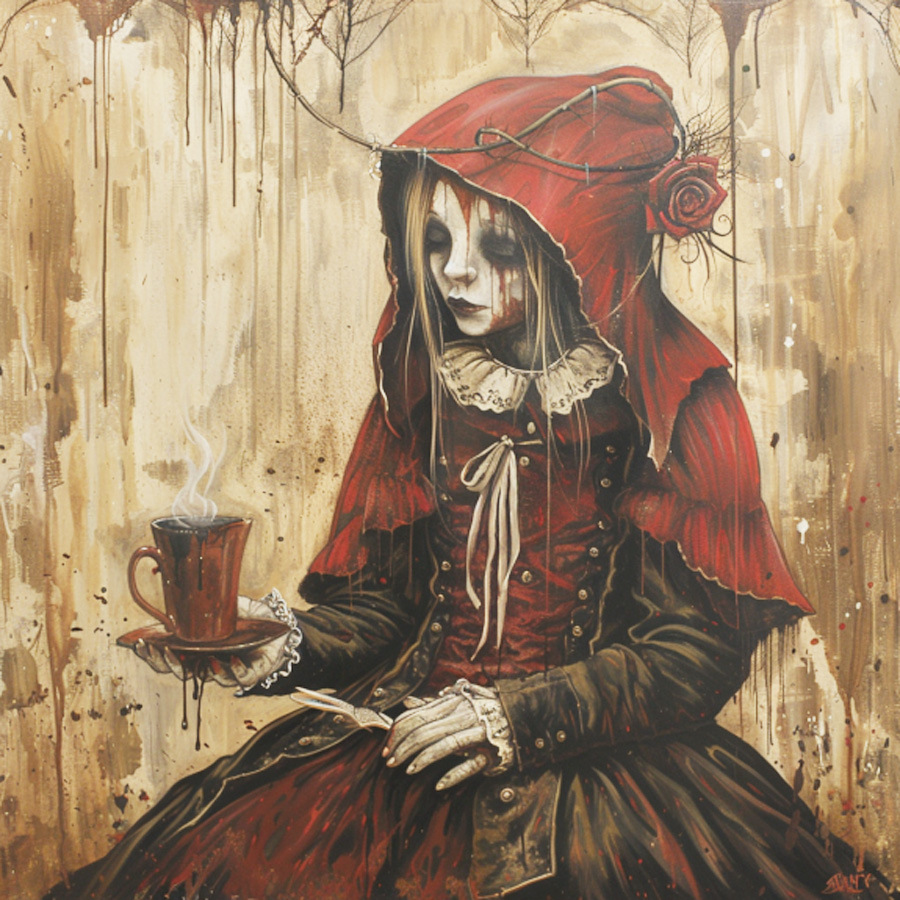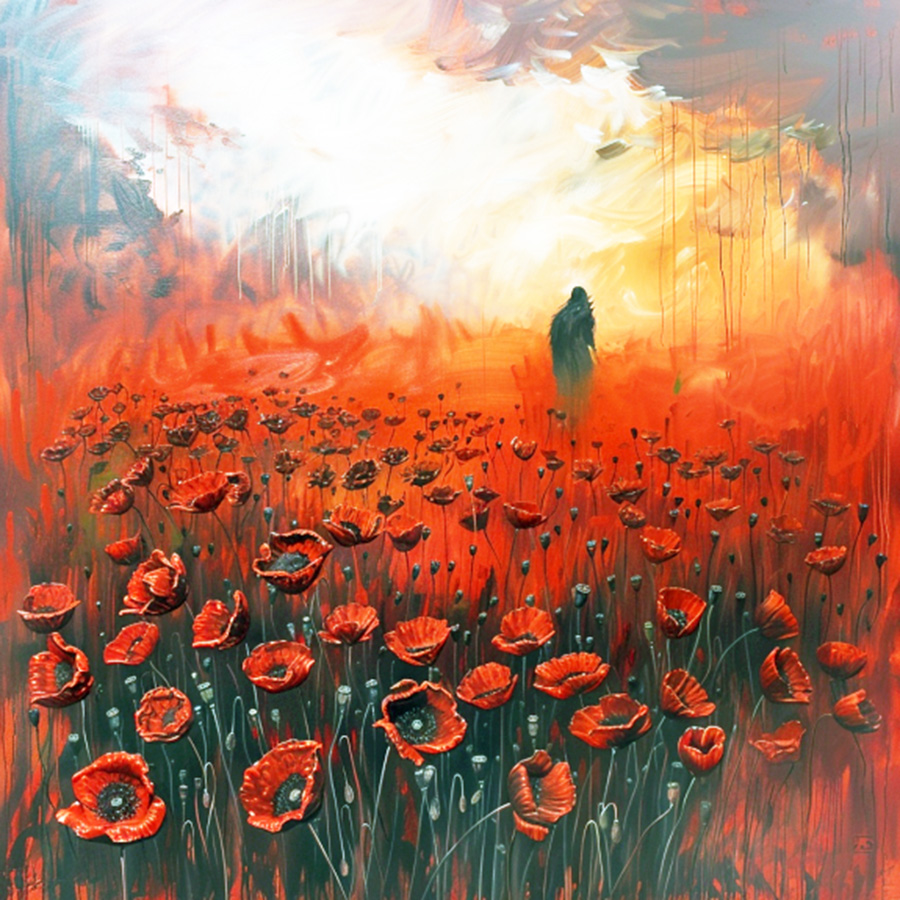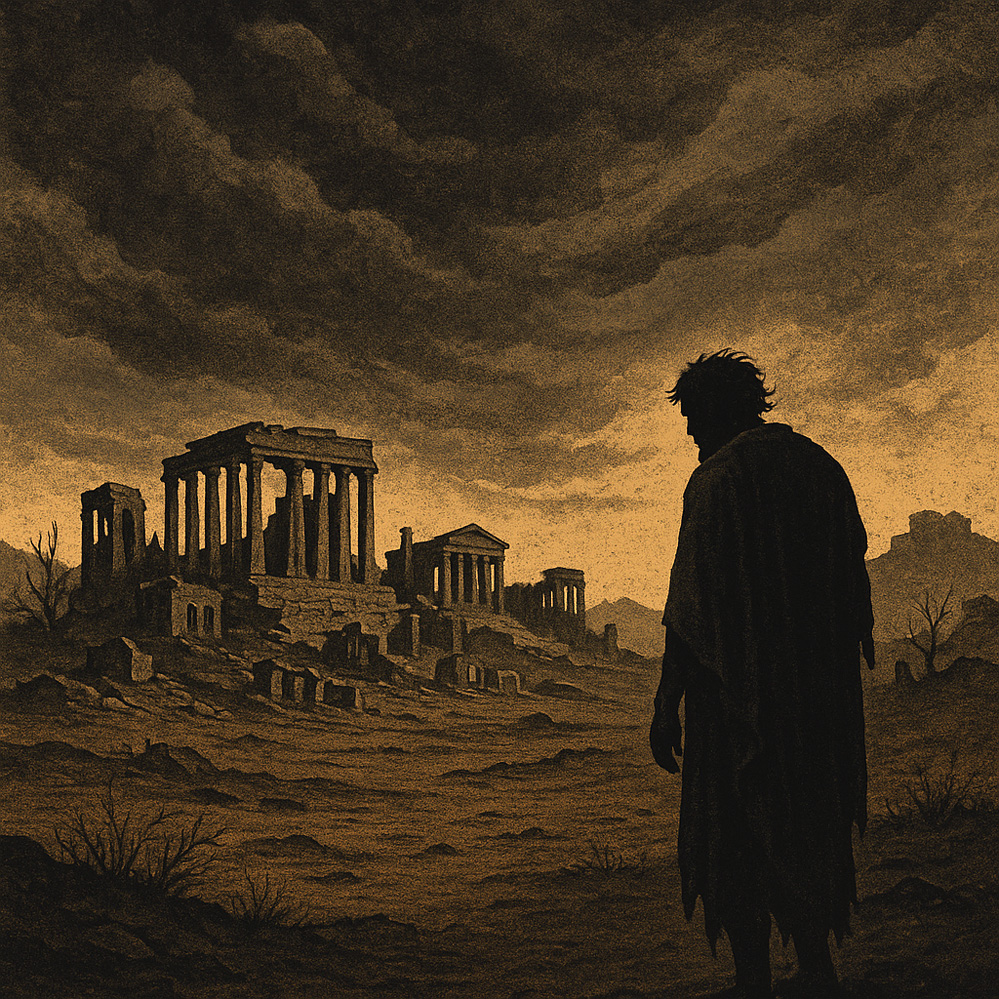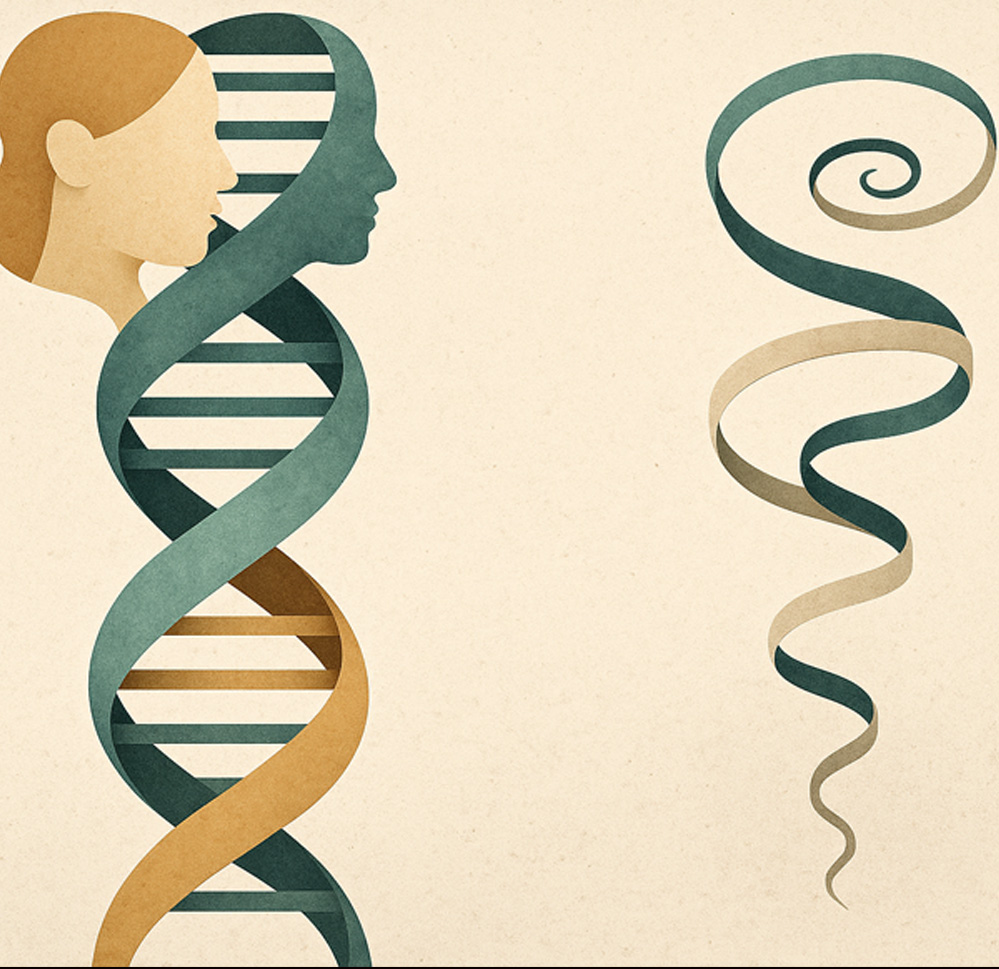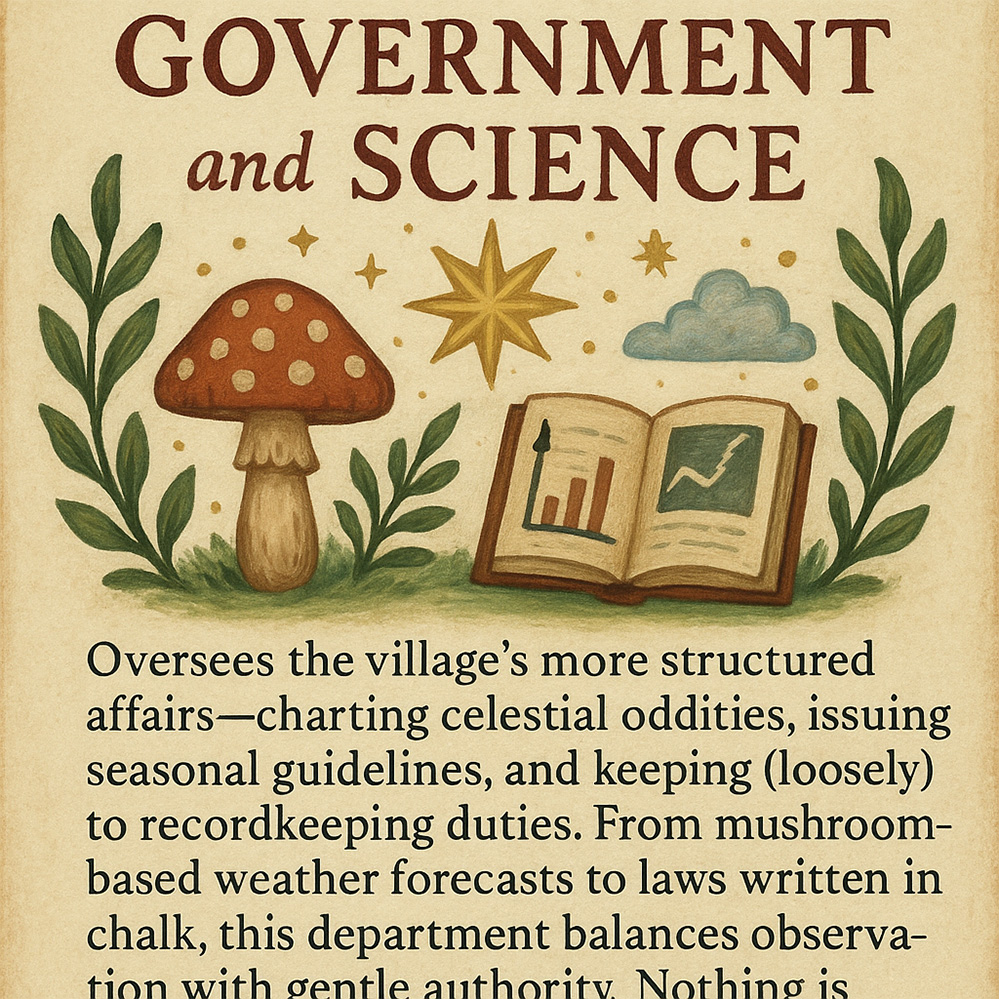The Pig's Whiskers: Nero, Managan, Strait and Parks
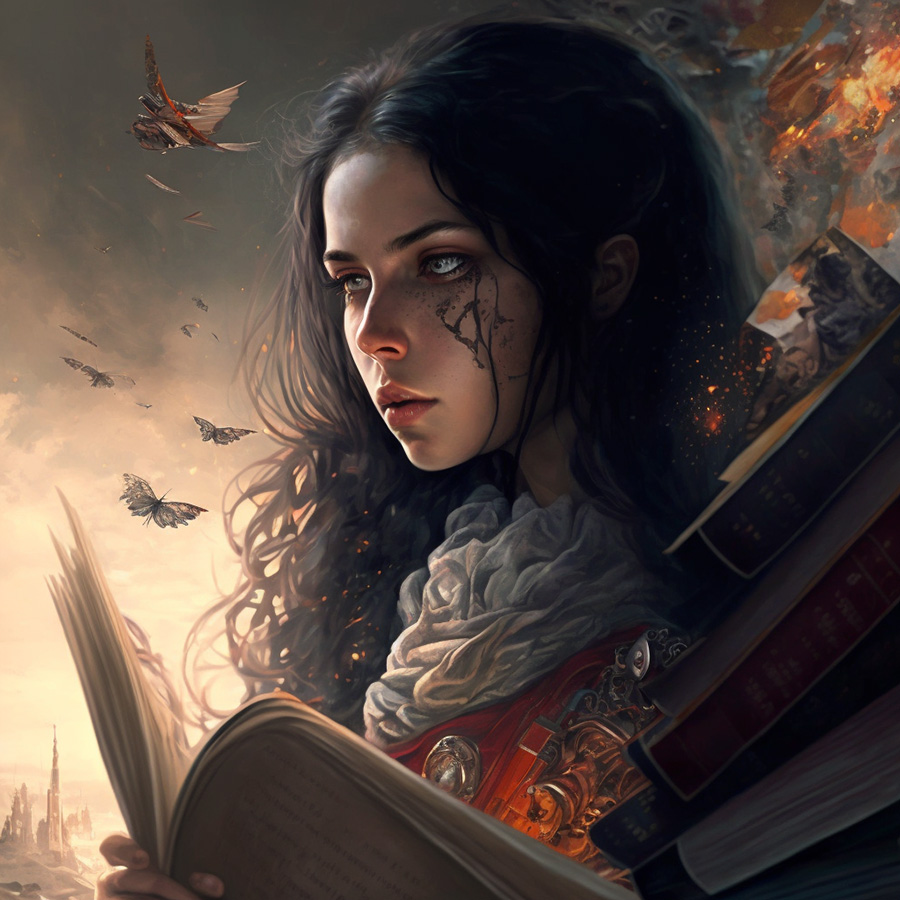
Quislings by Lauran Strait |
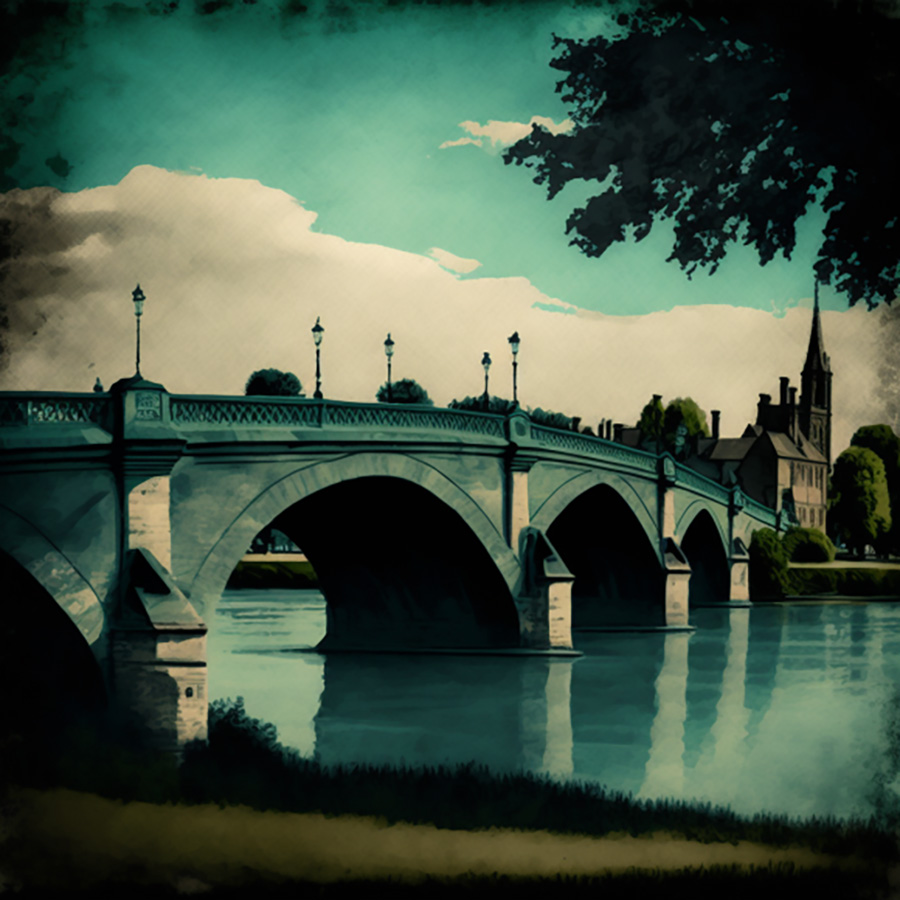 The Man in the Wet Gray Fedora by Jim Parks |
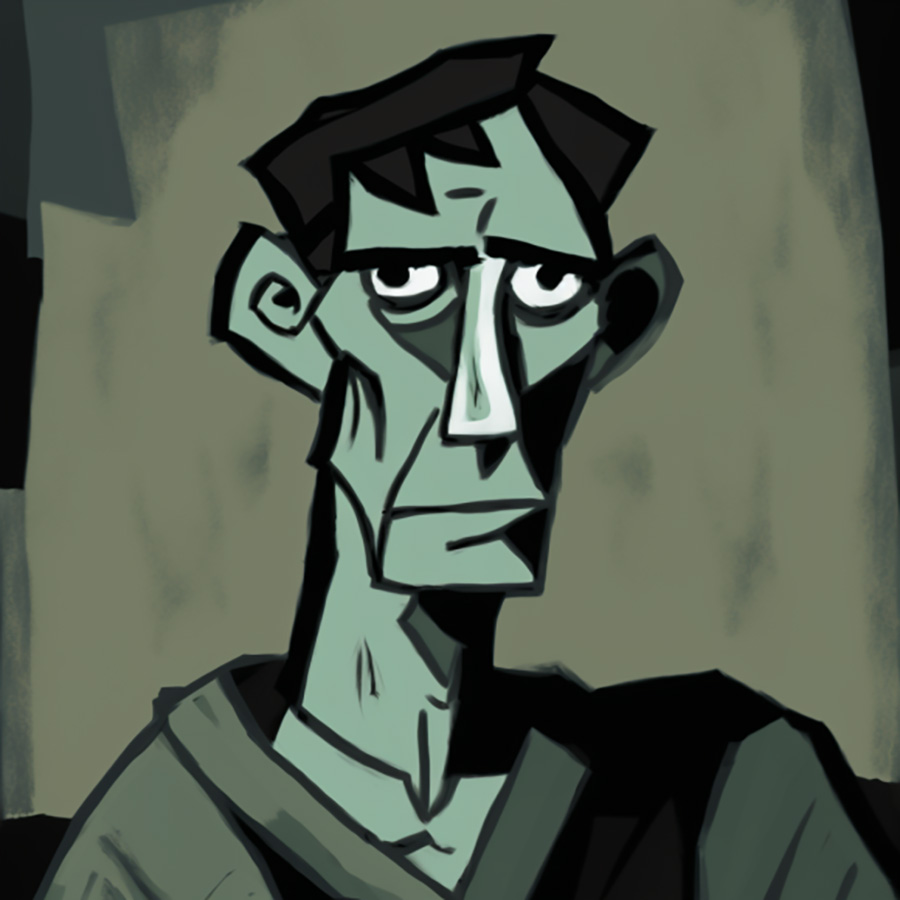 Gil by Pepe Nero |
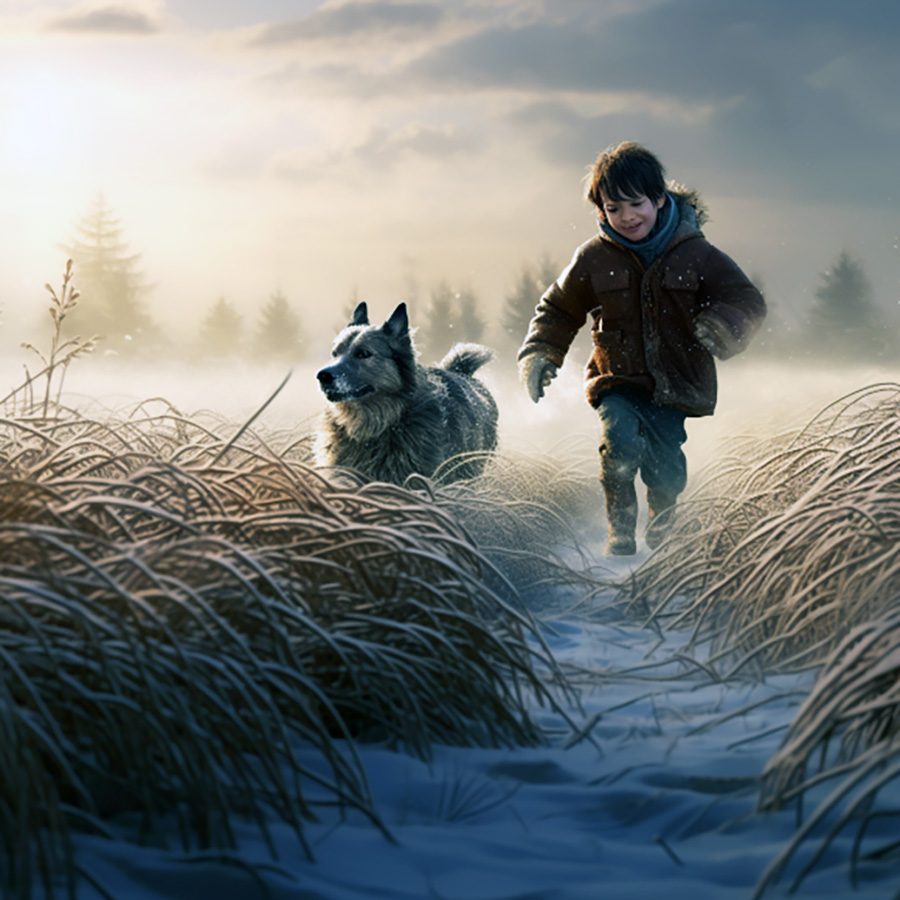 The Boy by Yvette Managan (Flys) |
Poetry: Ann Walters

The Way Light Falls at Four in the Morning by Ann Walters |
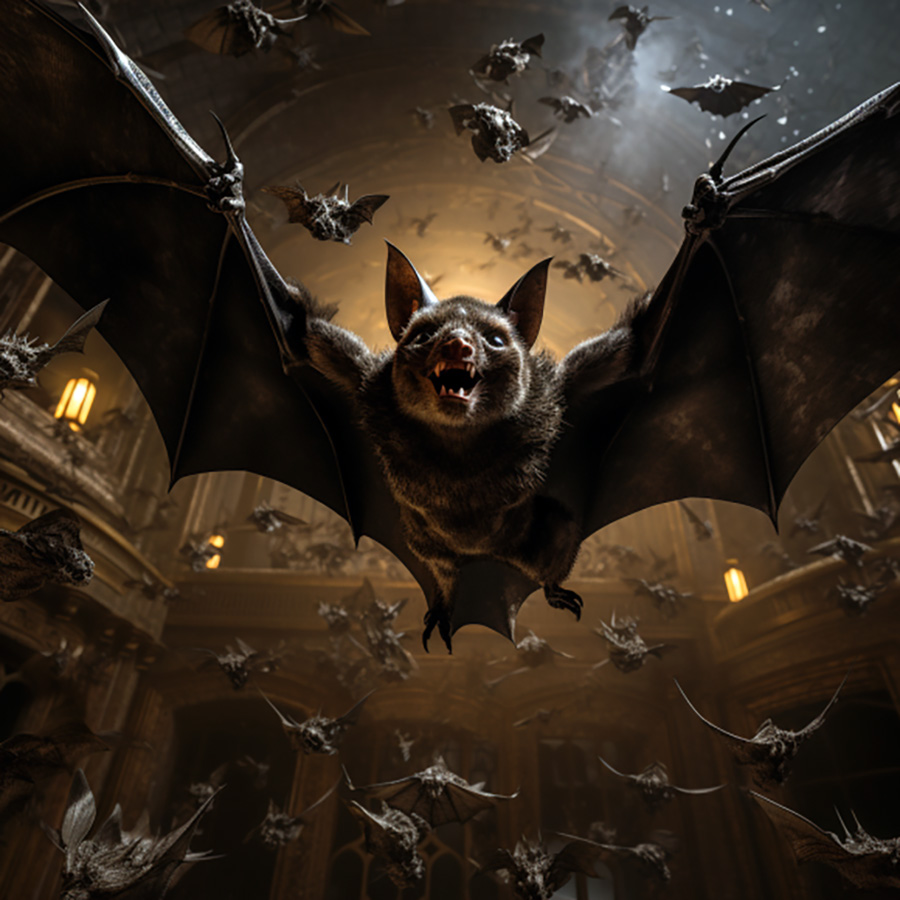 Unexpected Bats by Ann Walters |
 To Pierce the Sky by Ann Walters |
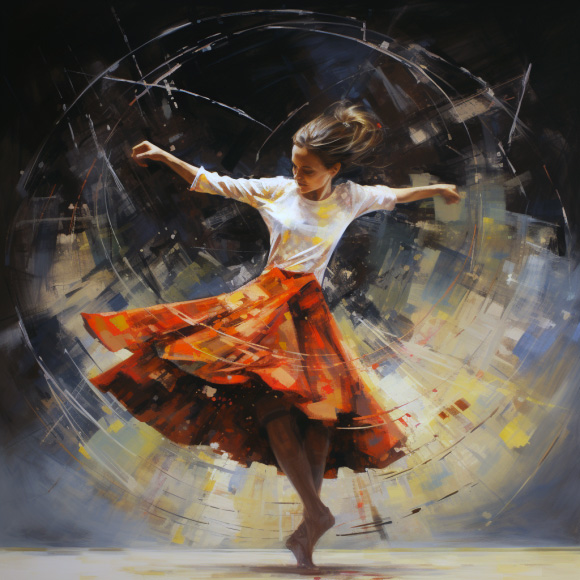 The Dancer by Ann Walters |
 Desert Roses 1994 by Ann Walters |
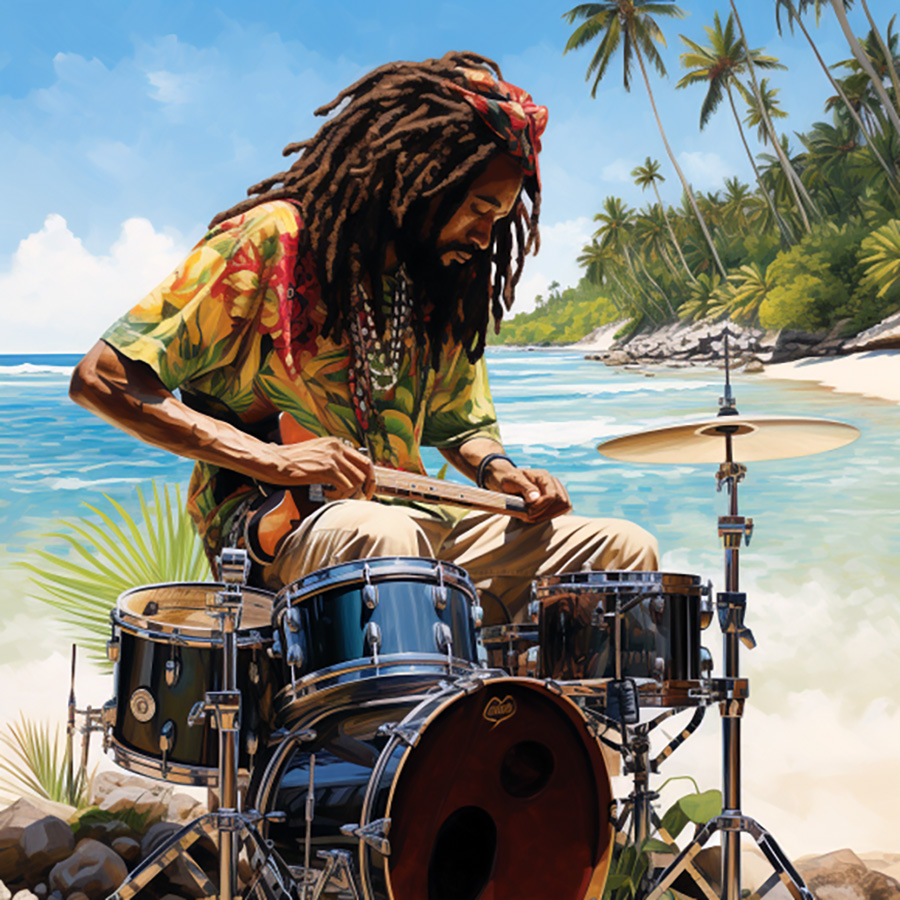 The Awakening by Jim Parks |
 Jess' Palace by Yvette Managan |
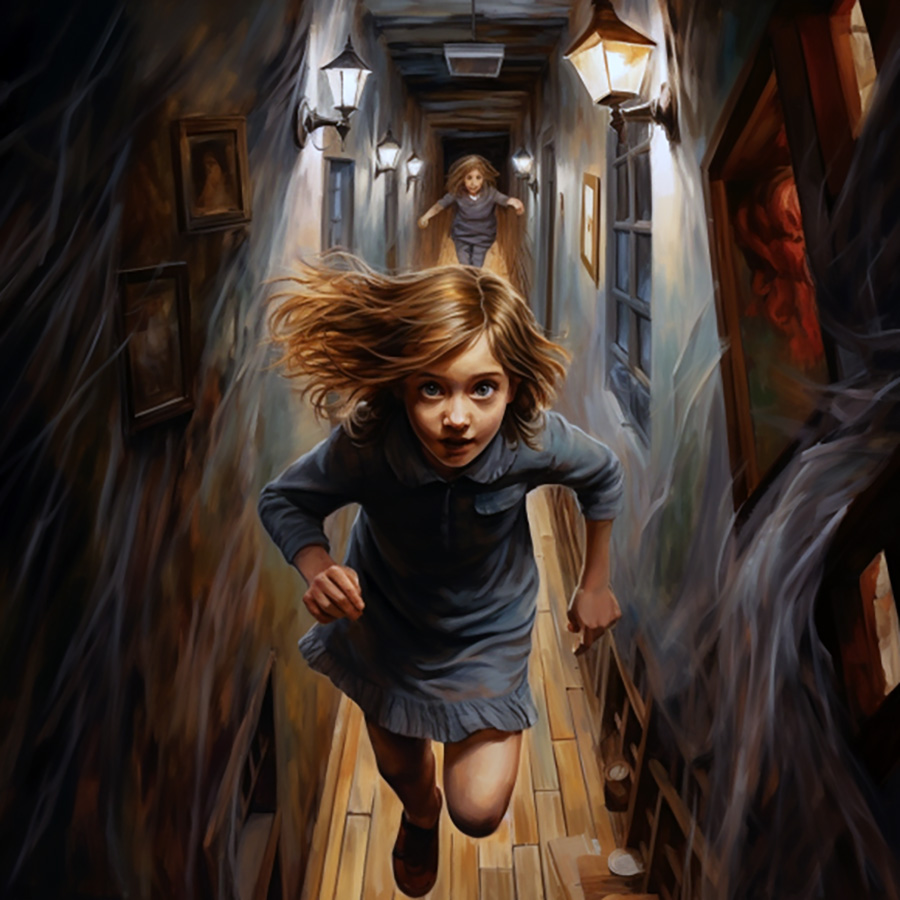 Something's Wrong With Lennie by Nonnie Augustine |
Short Stories
|
High Water |
The River Thief |
Poetry: Day, Mannone, Pulier, Schwartz
 Take It |
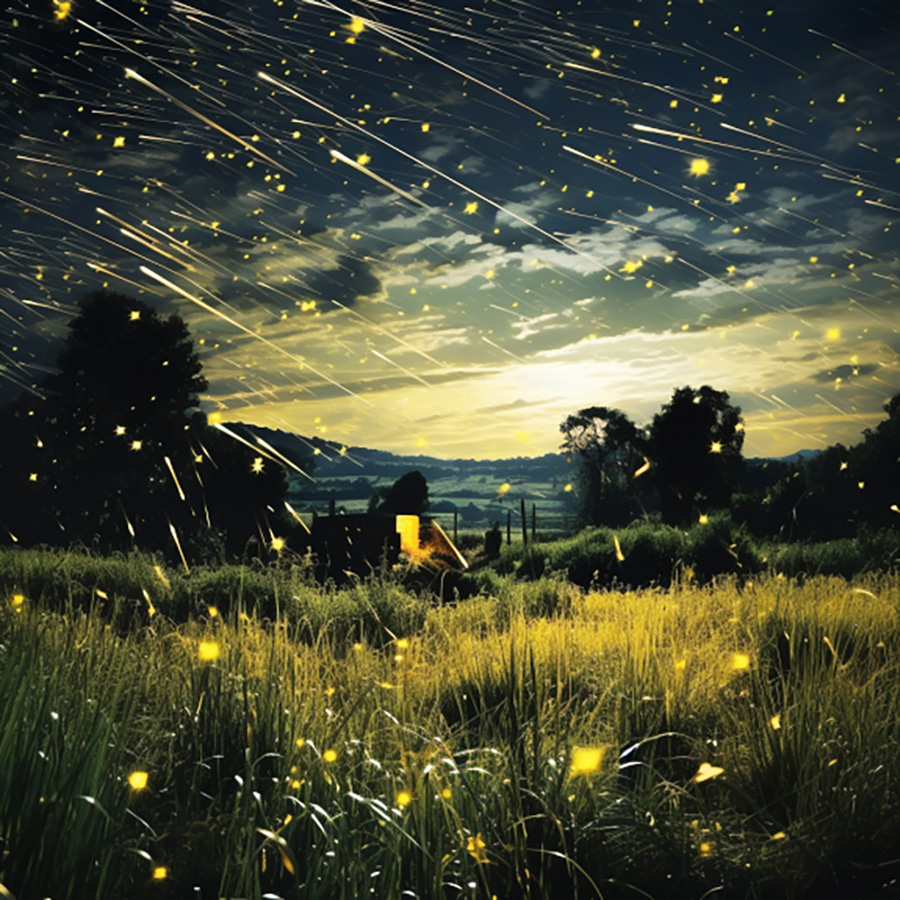 Perseid Fireflies |
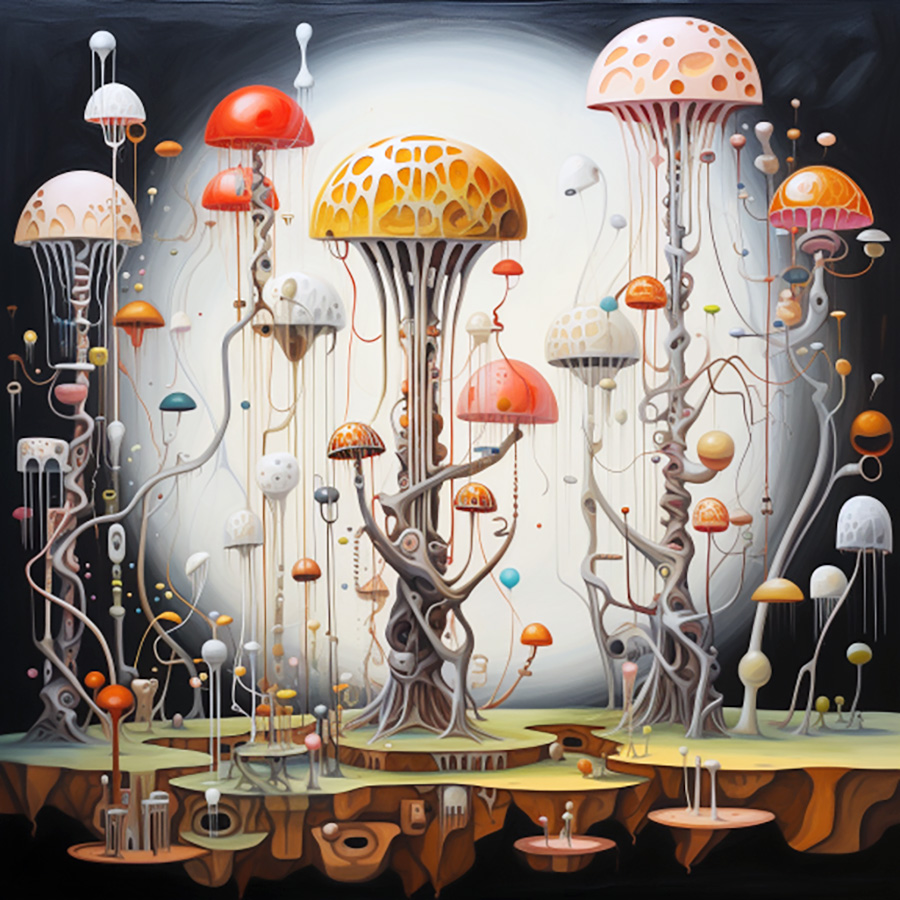 Prognosis Unclear |
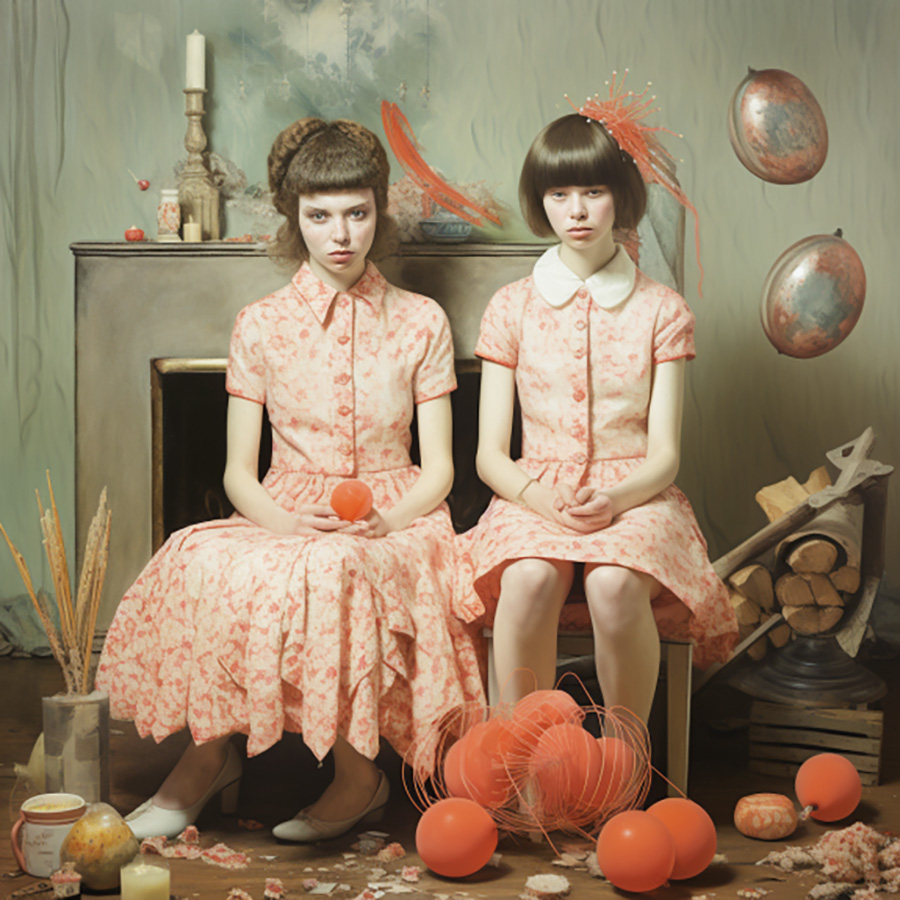 I Use To Think |
Augustine, Horan, Britten, Johnson, Berge

Barataria Bay |
 Camlin |
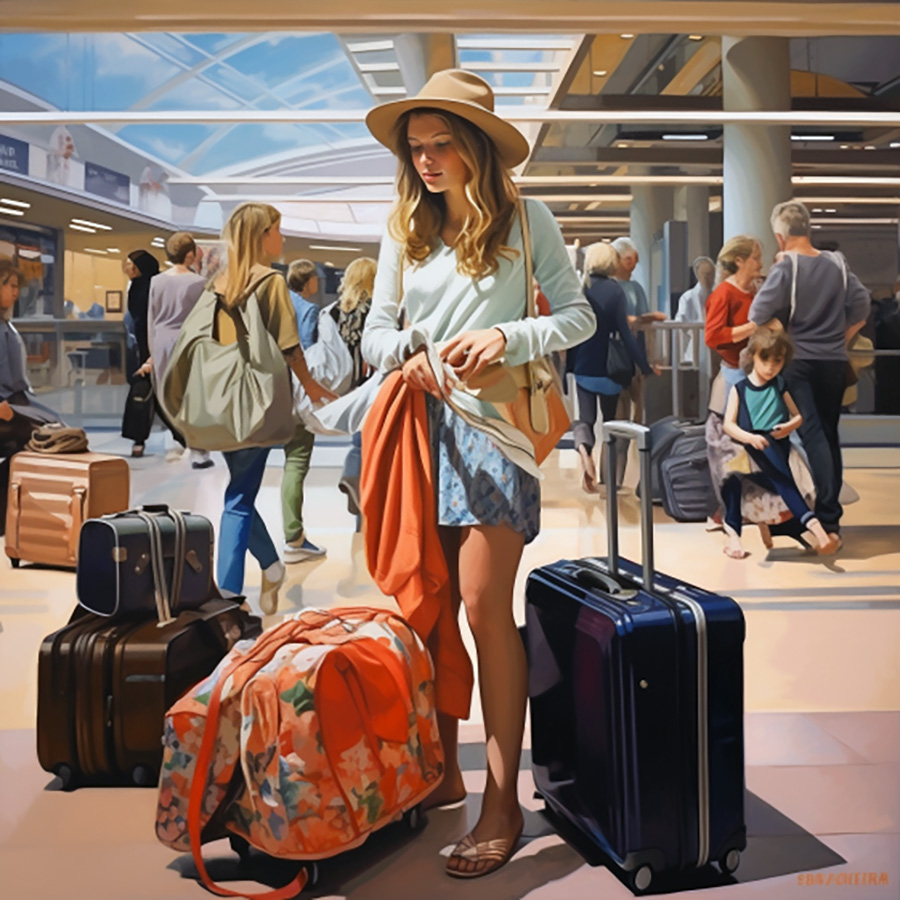 Paradise |
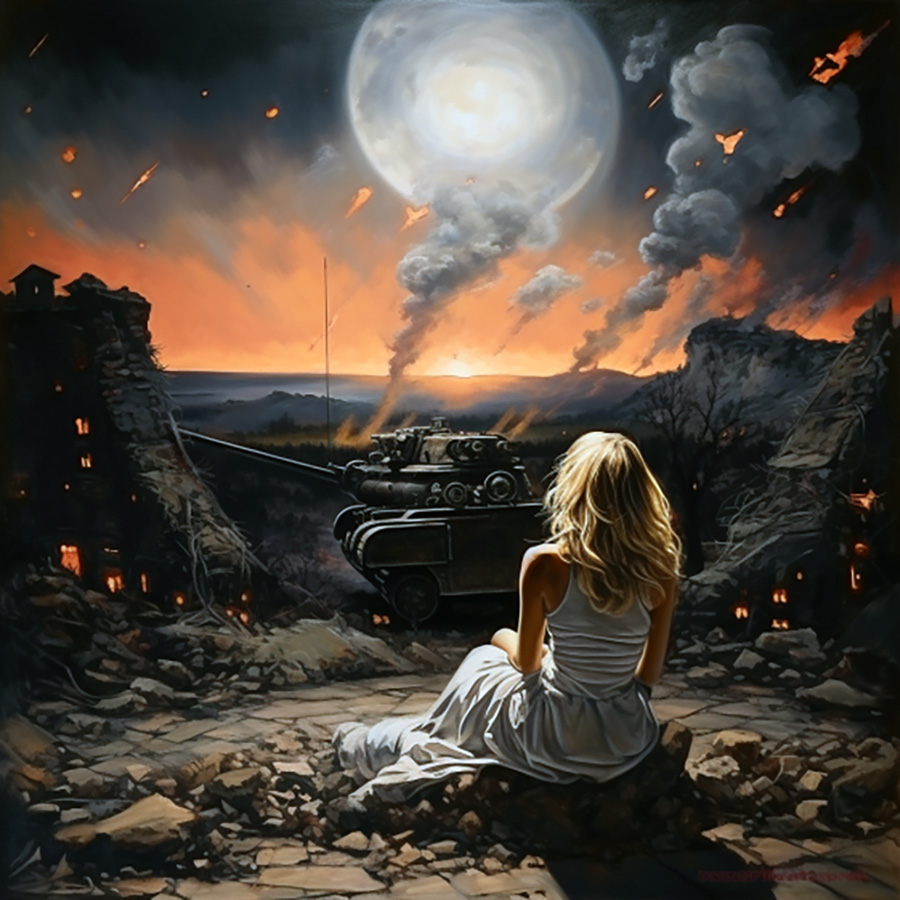 learning to fly |
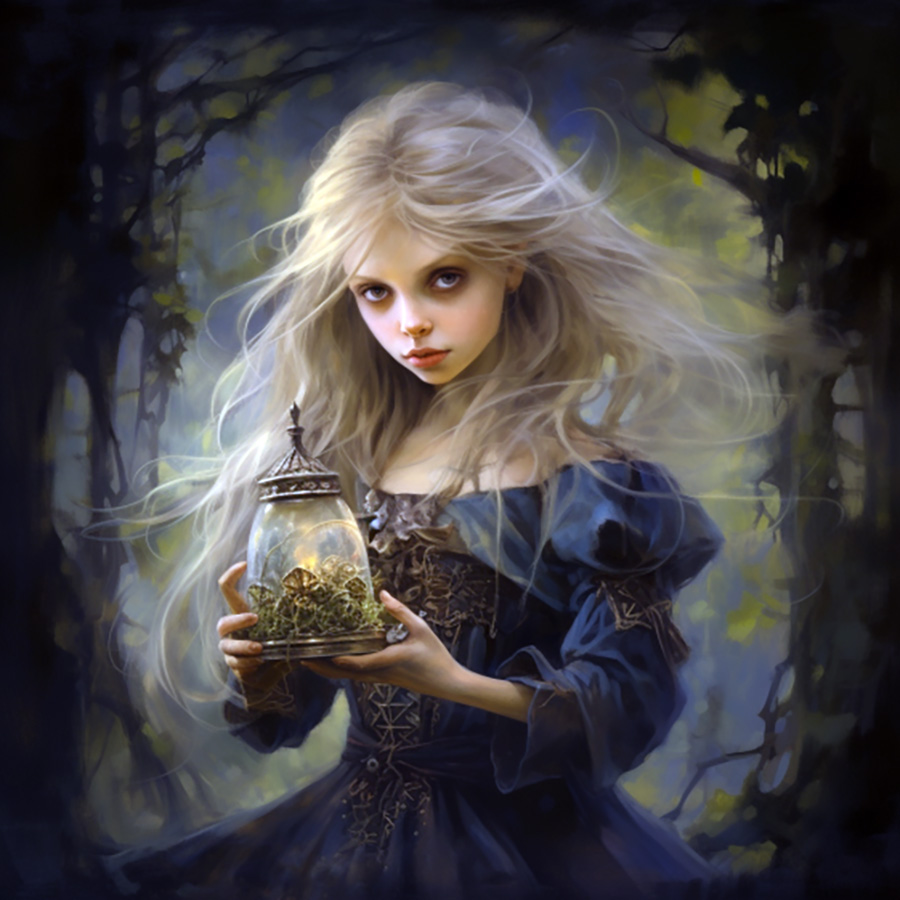 Her |
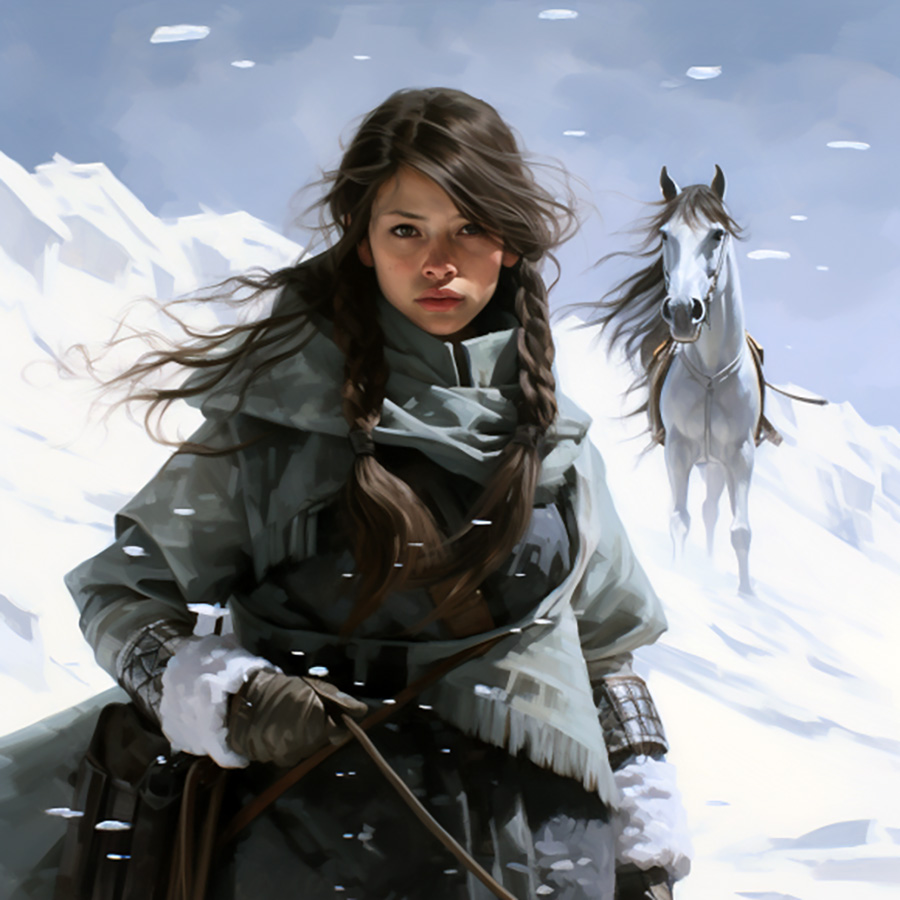 Blizzard by Nonnie Augustine |
 Cold Cold Heart by Jim Haughey |
Poetry: robillard, Higgins, Langford
|
"The Table in the Garden" is a testament to the power of nature to inspire to heal and to bring people together. It celebrates the simple yet profound moments of connection that can occur in the midst of natural beauty. |
"Barely Escaped" serves as a reminder of the complexity of life and the unexpected turns it can take encouraging a reflective stance towards our actions and their consequences. |
The poem serves as a tribute not just to Plath but to all who navigate life with an acute sense of sensitivity. It highlights the beauty and curse of such a disposition--the ability to perceive deeply and intensely |
Higgins crafts a multi-layered narrative in a compact form utilizing the image of the wasp and the actions surrounding it to delve into complex themes of fear struggle and the human condition. |
Poetry: Jeppessen, Long and McCotter
Augustine, Horan, Britten, Johnson, Berge

Barataria Bay |
 Camlin |
 Paradise |
 learning to fly |
 Her |
July 2025 in Focus (The Under Lough Owel Chronicle)
|
The Wishing Line |
The Kelp Oracle |
In Focus (July) |
Whim Wharf |
The New Constellation |
Essay and More: Zelnick, Fitzpatrick, Giordano
Poetry: Zelnick, Bane, MacDonald
|
In Spanish New World Poetry Stephen Zelnick examines Latin America's resilience amid imperialism with Alfonsina Storni as a focal voice. Her poetry from passionate to piercing addresses themes of love oppression and self-liberation. Zelnick's analysis reveals Storni’s growth from romantic musings to a profound critique of machismo and social constraints highlighting her lasting impact on Latin American literature and women's voices. |
What Rose Wanted by Charles Bane Jr. captures a yearning for intensity adventure and spiritual union. Rose desires a dramatic rescue under cover of night a vivid chapel scene with colors illuminating her and an all-consuming passion akin to a crusade. She envisions herself as a conquest seeking devotion as fierce as the stars blending themes of romance mysticism and self-surrender. |
"In San Angel" by Mandy Macdonald immerses readers in the lively rhythms of a jacaranda-shaded plaza in Mexico. Tourists linger rich Coyoacan girls strut across uneven streets dog-walkers parade with spirited pets and old men smoke by the fountain as green parrots fly past. This scene captures a vibrant slice of life blending everyday elegance with a touch of whimsy as day fades into dusk. |
Essay and Stories: Zelnick, Joslin, Miller, Firzpatrick
|
Stephen Zelnick explores the life and legacy of CÃÂ�sar Vallejo Peru’s groundbreaking modernist poet. From his haunting work in Trilce to his Paris years this essay delves into Vallejo’s themes of suffering identity and poetic revolution in Latin America. |
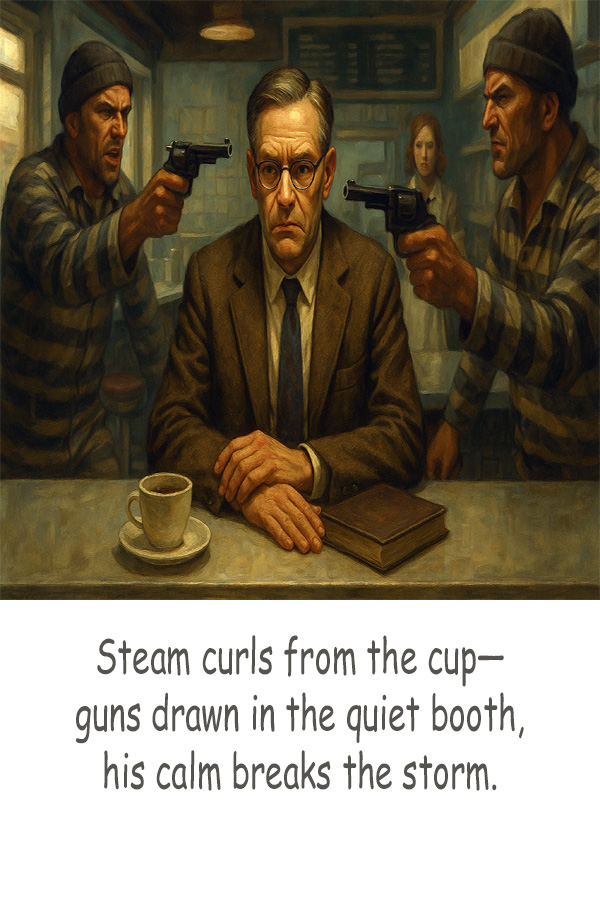 A meticulous government bookkeeper’s quiet life is upended when two armed convicts storm his usual diner. A darkly poignant tale of routine bravery and legacy Miller's A Well Ordered Life explores the quiet dignity behind one man’s predictable world. |
Winifred a restless young fairy leaves her woodland home in search of adventure and stumbles into a suburban garden where reality bites back. Joslin's whimsical tale of courage chaos and the hard-earned truth that becoming a Story Fairy means living the story first. |
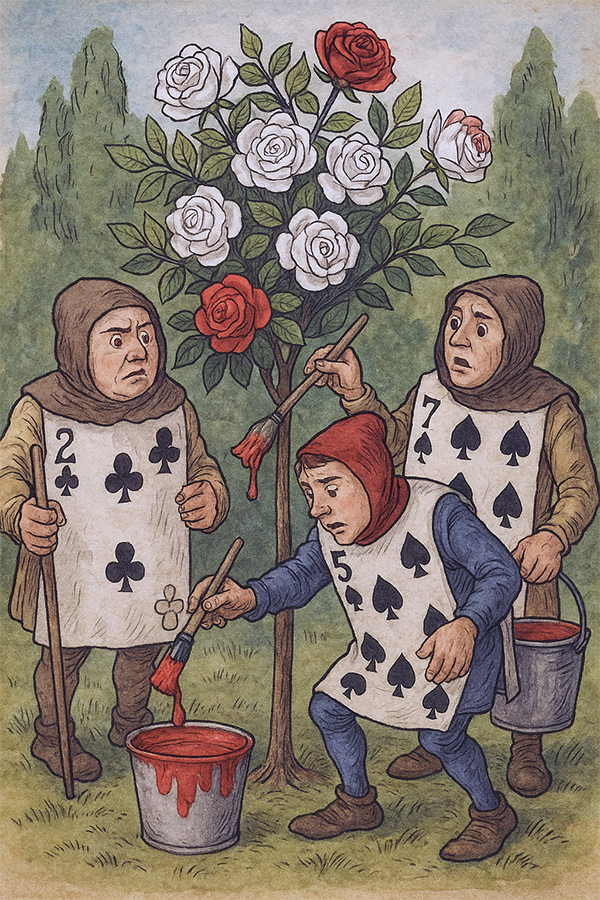 A whimsical prelude to the Queen’s croquet party--mischief mistaken tulip bulbs painted roses and royal uproar. In an enchanted glade garden boys cooks and Alice herself become tangled in a riot of colour and confusion. A playful twist on Wonderland tradition by Marie Lynam Fitzpatrick. |
In a kingdom of living playing cards flamingo mallets and vanishing cats Alice navigates a surreal croquet match where rules bend tempers flare and â€�“Off with her head!" echoes at every turn. A wildly imaginative chapter from Lewis Carroll’s Alice’s Adventures in Wonderland. |
Poetry: Charman, Mack, Hammick
Classic Braum and Quixote
Fiction: Joseph, Shel Anderson, Moat
|
In this gripping narrative Saul a tortured artist navigates the treacherous waters of creativity and personal demons. Amidst the shadows of his past and the complexities of his relationship with Emily he searches for truth in his art embodying the quintessential struggle of the creator. |
"Love Song of a Divorce Attorney" is a poignant exploration of the human condition masterfully blending the personal with the professional the emotional with the environmental to reveal the complex tapestry of life that unfolds even in the most ordinary momen |
This narrative provides a fertile ground for exploring themes of perception reality and the thin line between sanity and madness. It also touches on the deep human need for connection and understanding and the ways in which people cope with challenging circumstances. |
Under Lough Owel
Government and Science Divisions
Writer's Corner Updates
There are problems with the architecture of this page that we are trying to fix please bear with us.
Thanks
Mari Fitzpatrick
------------------------------------------
www.writerscorner.org was established in 2007 to facilitate our editor's work at 'The Linnet's Wings'. www.thelinnetswings.org
Through the maze: one story one poem one truth at a time.
Fall/Winter 2024
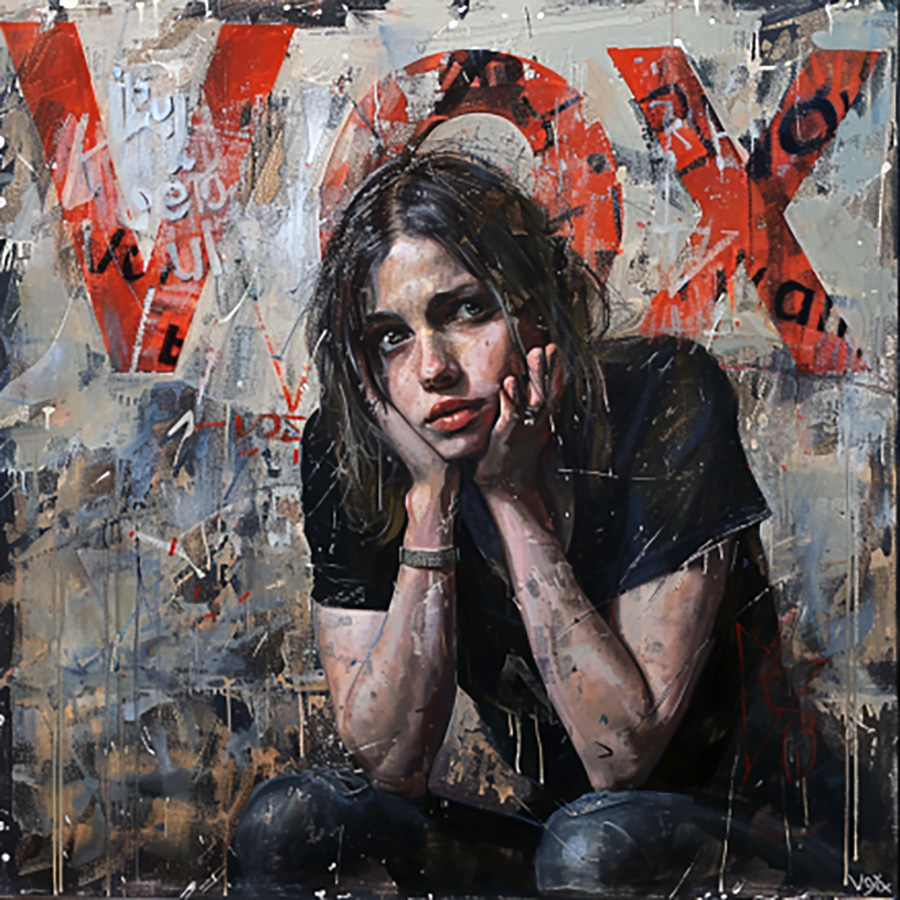
There’s always been a line. First it was string. Then it was twine. Then someone tied a rosary to it and things began to answer back." Father Horan’s notebook found behind the font
Found tied with willow bark and a bitter leaf. Wind-creased. Untied by the sixth day.
Orla’s note: “She didn’t take the good shoes. She didn’t need to.
José Marti
This week’s highlights:
Lost: One jar of pickled thunder. May respond to lullabies. Please return to Maudie O’Byrne’s back porch--if you dare.
NOTICE: All complaints regarding the Moon’s lateness must be submitted in triplicate. Address to Fitz (Callagain division) who is refusing to file anything written in pencil.
Found: One glove. Right-hand velvet embroidered with the phrase “I’m not sorry." Currently pinned under a rock behind Whim Wharf.f
Grievances
Was America’s Founding the Birth of Democracy?
Yes--in a new radical form
The Declaration of Independence (1776) and the U.S. Constitution (1787) marked the first time a large nation-state was deliberately built without a king on the principle that power comes from the people.
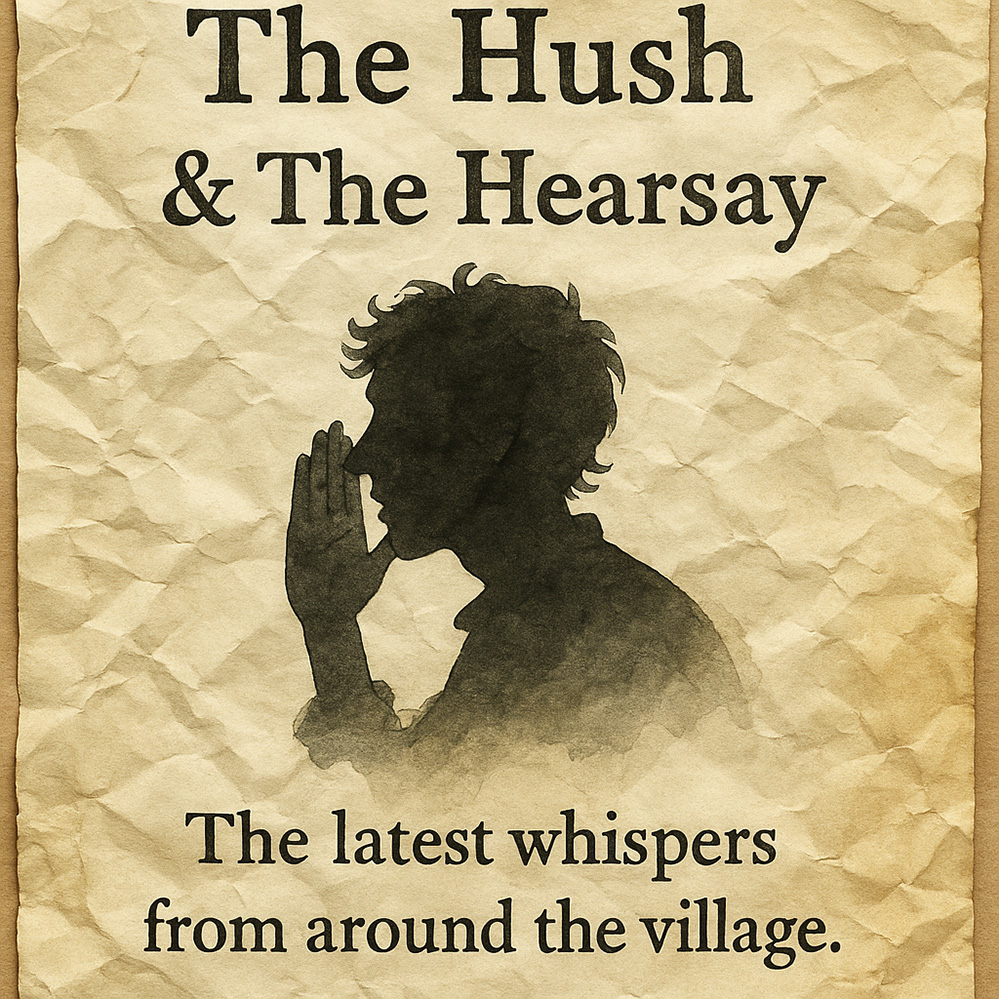
The Holiday Home Exchange
“When the sea sleeps the lake sings."
A Three-Part Culinary Chronicle
Monday: The Theft
Wednesday: The Hush & The Hearsay
Friday: The Reckoning at Brighton Bothan
Snake Sisters
The Serpent Thread: Blenheim Bridie and Berna
The Snake Sisters (also known in whispers as The Silken Coil)
Sean McBride
Presumably Alfred Nobel by his bequest intended that the individual selected to receive his award would avail of the occasion which he thus created to propound his suggestions for world peace. If I have appeared to complain against the existing complacency of institutional establishments -- governmental and religious -- it is to permit me to make concrete suggestions.
Abraham Lincoln
I am a firm believer in the people. If given the truth they can be depended upon to meet any national crisis. The great point is to bring them the real facts and beer.
Aristotle
Democracy is when the indigent and not the men of property are the rulers.
NOTICE OF INTENDED RELOCATION
Pursuant to the quiet murmuring of the land and the advisory council of three (plus Orla Merrin’s dream on Tuesday last) it has been resolved that one Structure long-standing and questionably lawful shall be MOVED this week. No appeals. No reversals. The wind has already agreed.
